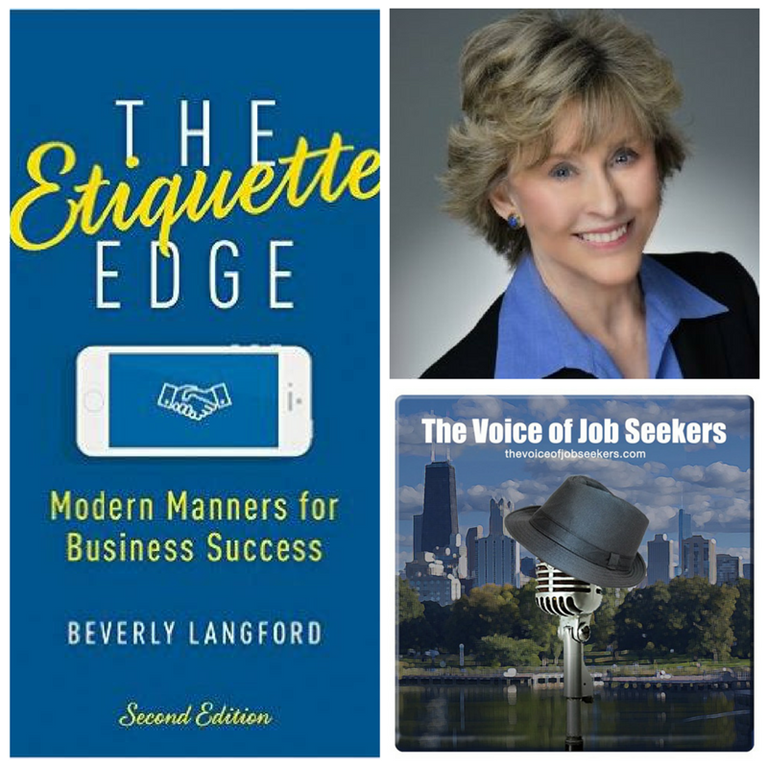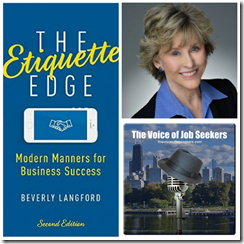

This just happened recently:
Hi [INSERT NAME HERE],
I just came across your website and wanted to say that I love what you’re doing.
In your mind, you’ve assigned people a name and role. In your virtual address book, you’ve placed people by name in part by simply doing this:
First name: Insert
Middle name: Name
Last name: HereWhenever you need something, just short of begging you blast everyone you can on your LinkedIn status. They all have the same name and the same career. No consideration needed to personalize a message other than what you need, desire, want, or sell.If you want to destroy your job search, make it easy on yourself and follow these tactics. I promise you’ll alienate most of your valuable relationships by doing these things:1. Lie about how you met someone. If you don’t remember when someone asks how you met, be honest and say you don’t remember. However, our goal here is to alienate so unless you want to connect, be sure to pour on the sugar by complimenting them on their blog even if his or her last update was a year ago.2. Forget about being personable. You can combine this with #1. I joined Snapchat recently and noticed a LinkedIn contact was on Snapchat, so I initiated the connection. She asked me, “Who are you?” I told here exactly where, what, how, and why we met. If you want to annihilate your network, guess or, don’t bother to tell them anything. Or maybe you can respond, “Girl, you don’t remember me?”3. Ask intrusive questions. No, I don’t think you would ask personal questions intentionally, but you MO does fit the person who asks, “Can I spend some time picking your brain?” Unfortunately, you can’t tell the person what you want except to go fishing for an easier way (or more natural person) to help you find a job.4. Help no one especially when you are the right person. “Just because you don’t feel like it” is good enough to get people to act indifferently toward you. You can worsen it by not responding to direct messages, emails, or phone calls. A sign of a seared conscious (if you want to hit is out of the park) is not offering when a person is in dire need when the person directly contacts you5. Only respond when you want something too. You’re not so obtuse to not answering calls all of the time, but you manage to remain in the out of touch zone. Someone asks for a favor such as an introduction or information, and you ask for compensated for your time. You don’t want to provide value. It’s a waste of your time



